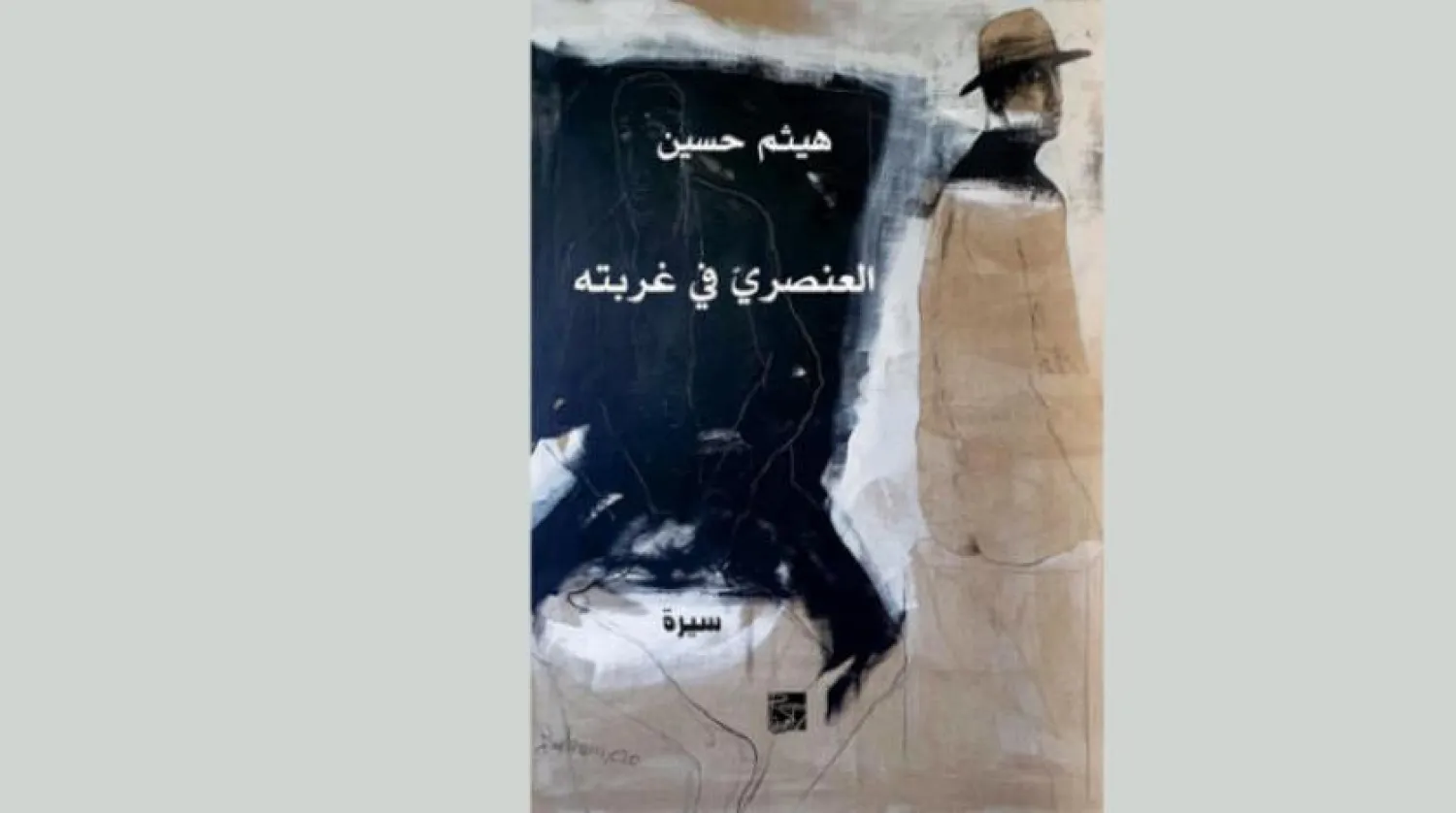London-based Rameena Publishing has released a new book by Syrian novelist Haytham Hussein. Titled “Racist in Expatriation”, the book is a biography that tells stories about racism, expatriation, identity, language, integration, and conflicts the writer lived throughout his life.
“In eight chapters, Haytham Hussein tells stories, situations, and events that showcase contrasting pictures of racism, in which the daily, shocking behaviors and practices of people have become a part of a maze that drowns many in its darkness.
The book interprets the matter of racism with a remarkable boldness and objectivity and speaks about wounds without fear of details, depicting a journey that features a lot of struggle with life, writing, and humans,” the publisher writes.
“What am I looking for when I tell anecdotes about hidden or seen conflicts? From the colors that could form amazing artworks, and tastes that could harmonize in a civilized texture based on respect and regard, they chose the primitive sides and clashes leading to disasters and constant domination of a pale color that becomes paler with time, and turns into a black, closed world.
Am I encouraging racism and helping growing it when I speak about it, or am I trying to uncover its dark sides in an attempt to strip it from its power that grows in the darkness, and flourishes behind the walls of renewable hatreds?
Each one of us can count many points, ideas, and justifications that could wake up the most powerful racism and discord inside themselves. But is this what we need today in a world that seems to unlock its safety valve and prepare for upcoming explosions in its present and future!” the biography writes.
Haytham Hussein is a Syrian-Kurdish novelist. He has several novels and critical works including “Hostages of Sin”, “Needle of Horror”, “Harmful Herb in Paradise”, and many others. He also translated the Kurdish plays “Who Kills Mammo” by playwright Bashir Malla into Arabic.
The cover of the book is designed by poet and illustrator Yassine Hussein, who chose the painting of Kurdish artist Bahram Hajo for the front cover.









